
Have you ever experienced your pets quickly grabbing and accidentally ingesting small items or garbage, despite keeping your house clean? This biting and eating habit can be detrimental to their health and even pose life-threatening risks. This article aims to shed light on this issue and provide guidance on how to prevent pets from consuming anything they come across, both inside and outside the home. Let's explore the reasons behind their behavior and learn effective ways to teach them not to put their lives at risk.
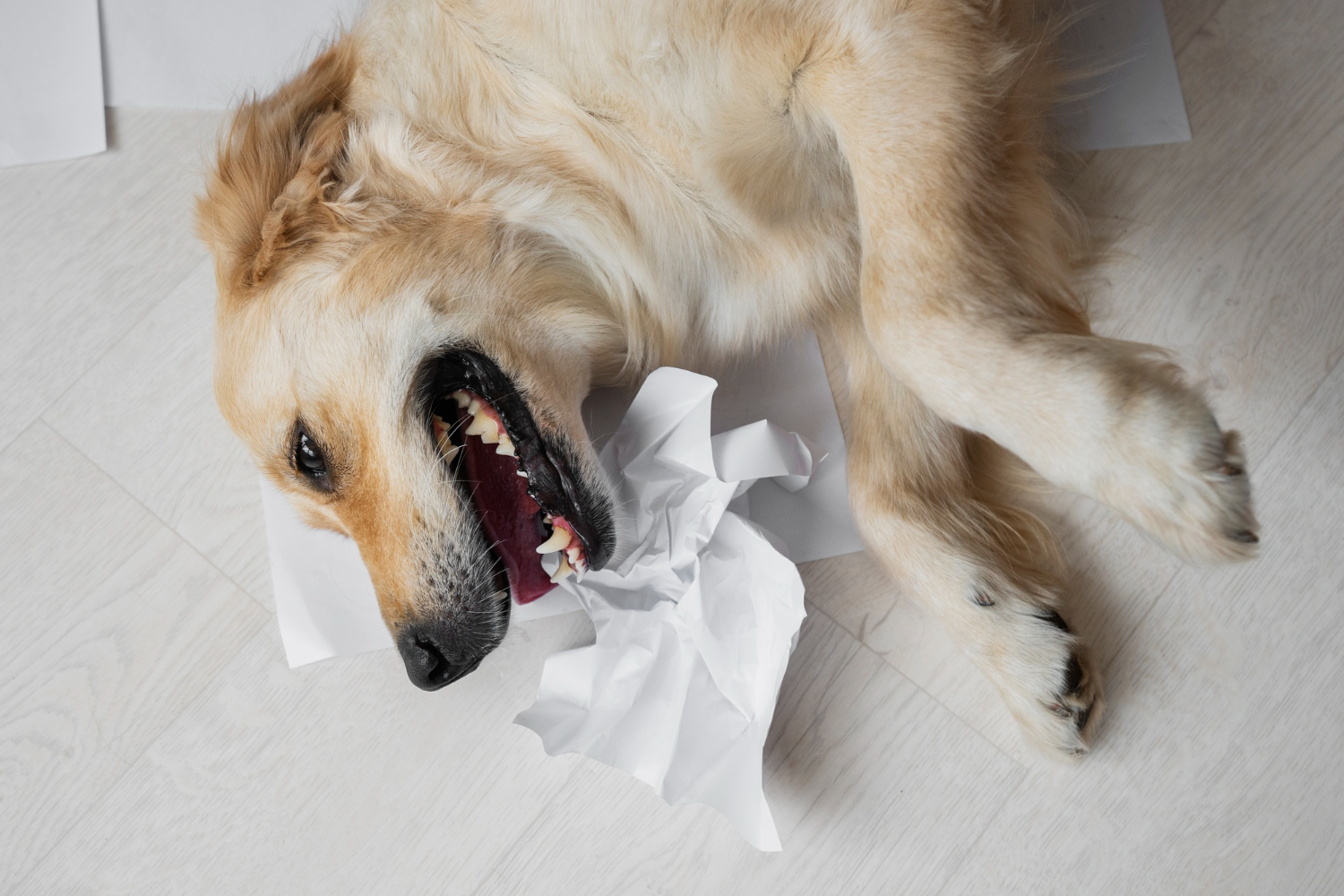
Decoding Destructive Eating
Pets have a natural tendency to eat whatever they see and find. Whether it's something appetizing or not, they may consume it out of curiosity or a desire to explore. Additionally, if they lack essential nutrients in their diet, they may seek to balance their nutrition by eating unconventional items. Pet owners should ensure their pets receive a well-balanced diet that fulfills their nutritional needs. It's important to be cautious if they develop a habit of eating items like lead, plastic, or clothing, as it could indicate signs of lethargy, dissatisfaction, stress, or emotional needs. In such cases, it's advisable to consult a trusted veterinarian. While it's normal for pets to explore and occasionally have an urge to chew, it's important to prevent this behavior from becoming a habit of eating everything in sight.
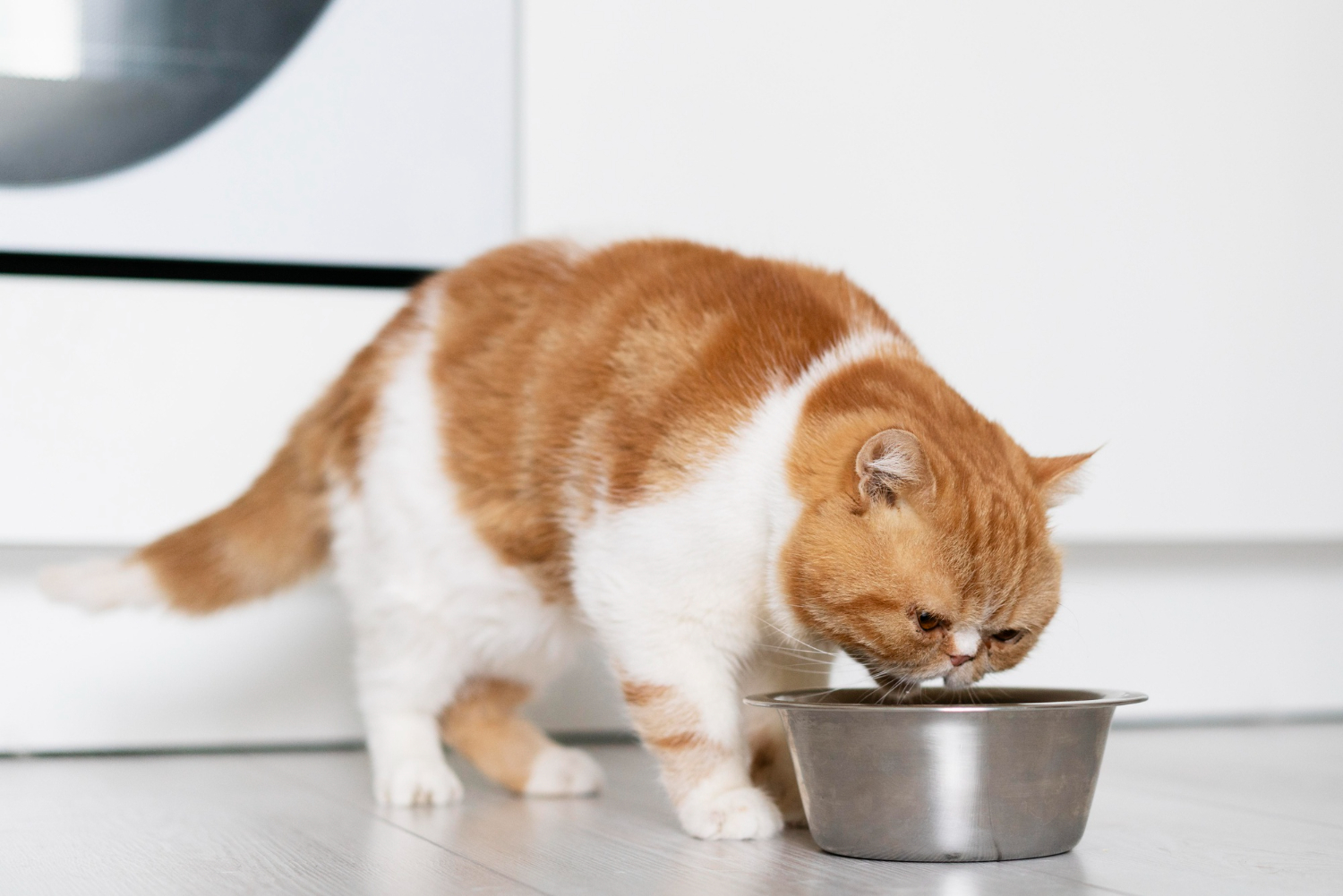
Happy Eats, Happy Feet
To begin with, it is crucial to evaluate the diet we provide to our pets on a daily basis and ensure it is nutritionally balanced. If there is uncertainty, consulting a nutritionist and adjusting the pet's diet is recommended. Seeking guidance from a veterinarian can also help prevent excessive appetite caused by underlying health issues, thus reducing the need for frequent meals.
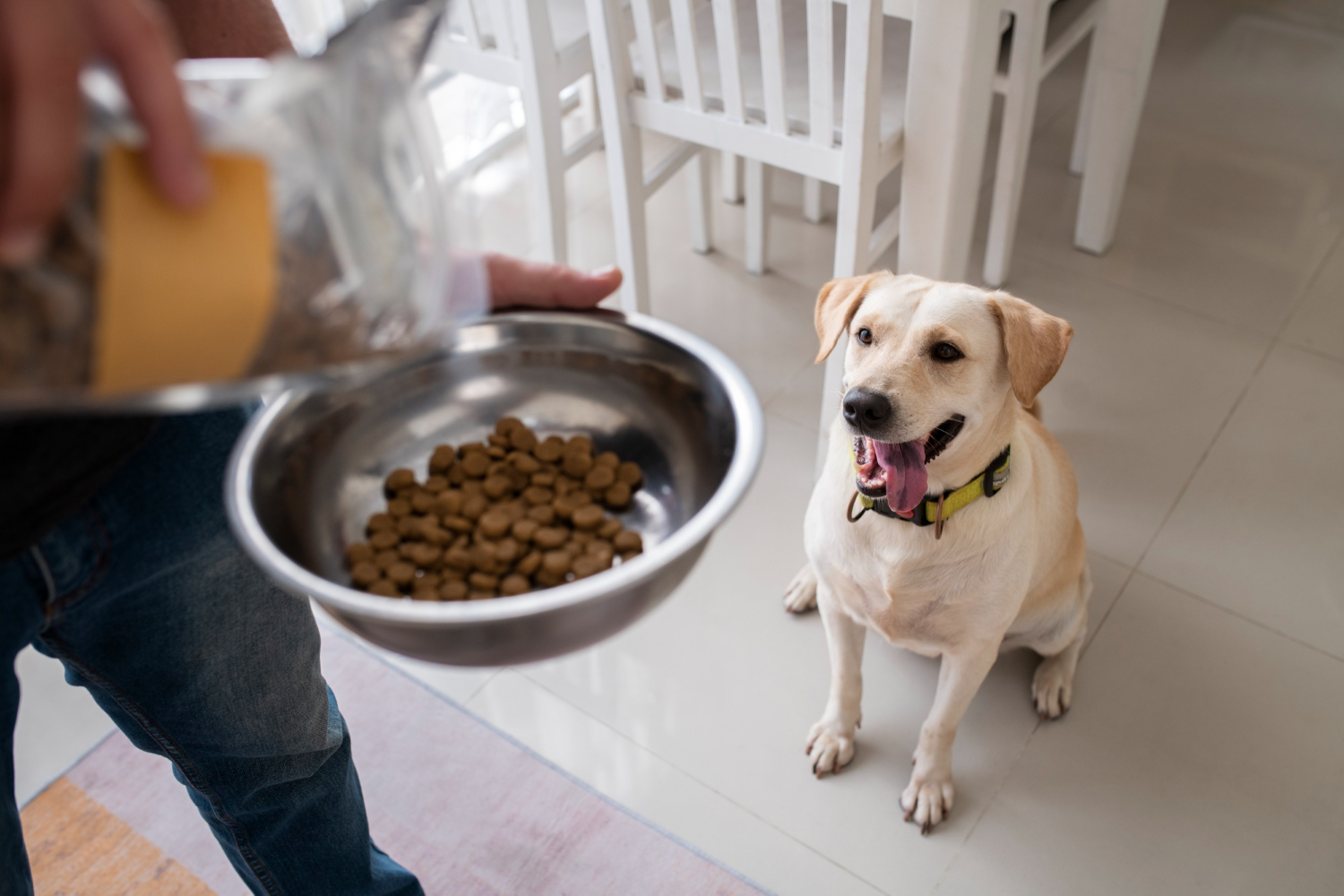
Belly Clock Basics
Some pets can become quite insistent and exhibit a strong appetite when they are hungry, leading them to show interest in items within their sight. In order to address this, it's important to observe your pet's habits and cues and provide them with food whenever they display signs of hunger. Moreover, offering small portions of healthy vegetables, such as carrots, can be beneficial as it helps divert their attention from eating things they shouldn't.
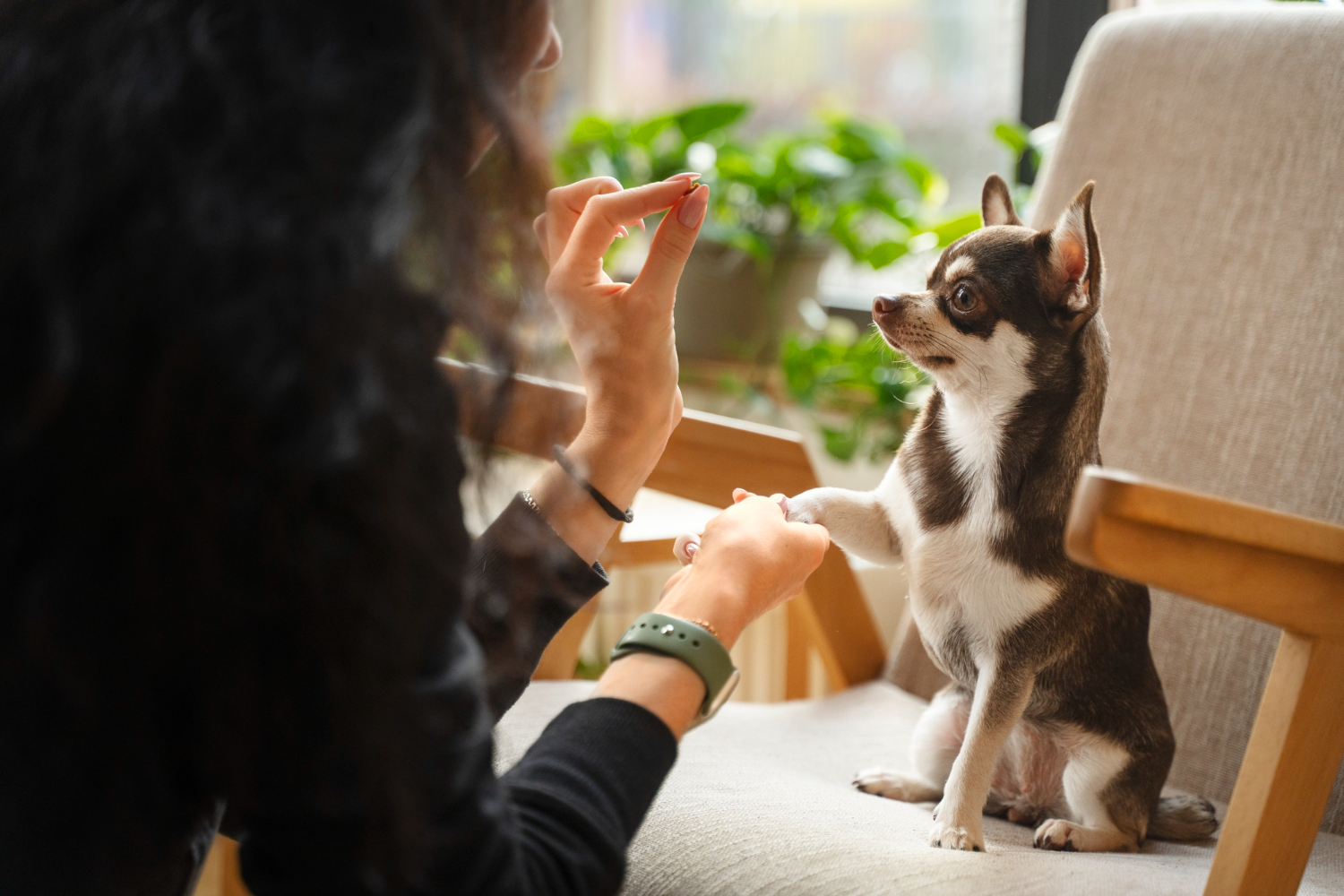
Treats & Tricks
When you witness your pet grabbing and eating something from the ground, it may not be effective to simply say "put it down" or "take it out." Instead, when teaching them, it is important to provide an alternative item that they enjoy and can lift up. Patiently spending time with them, listening to their needs, and rewarding their good behavior can be helpful. When walking outside with your pet, you can also carry something they can eat from home to divert their attention away from focusing on the ground or road.

Secret to a Happy One
Pets can experience stress as well. Just like humans, there are times when they may not feel like eating or drinking, and other times when they show a strong desire to eat. It's important for pet owners to be attentive and not overlook these signs, as it could indicate that they are eating and chewing to alleviate stress. For instance, taking them out for walks in busy areas or overwhelming them with excessive food intake the next day might contribute to their stress levels. Therefore, it is advisable to minimize abnormal symptoms by closely monitoring their behavior and habits, and making adjustments accordingly.
Whether your pets are at home or outdoors, it's important to be aware of the potential dangers posed by things they should not eat. This can be a worrisome and confusing situation for pet owners. Therefore, why not invest time in implementing the solutions provided in this article to ensure that you and your pets can enjoy happy and healthy days together? By taking preventive measures and being mindful of their well-being, you can provide a safe and nurturing environment for your beloved pets.
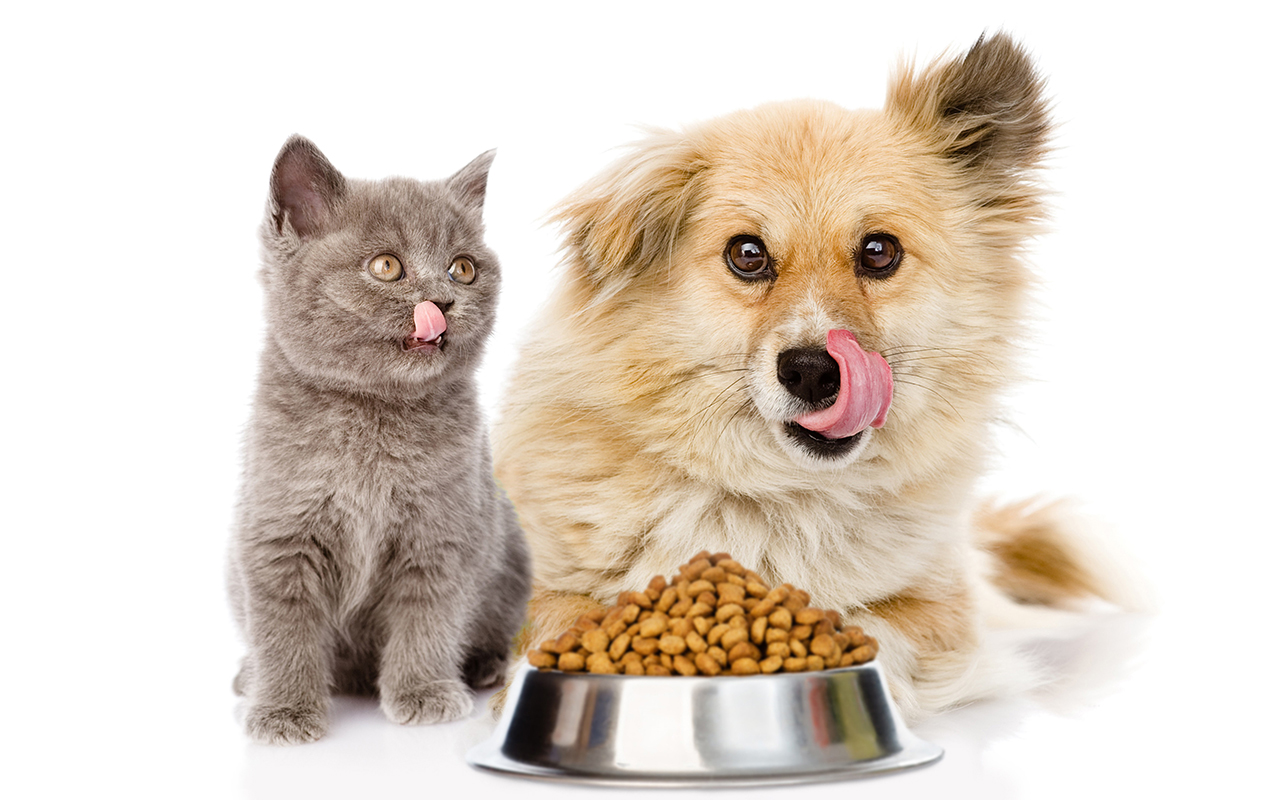
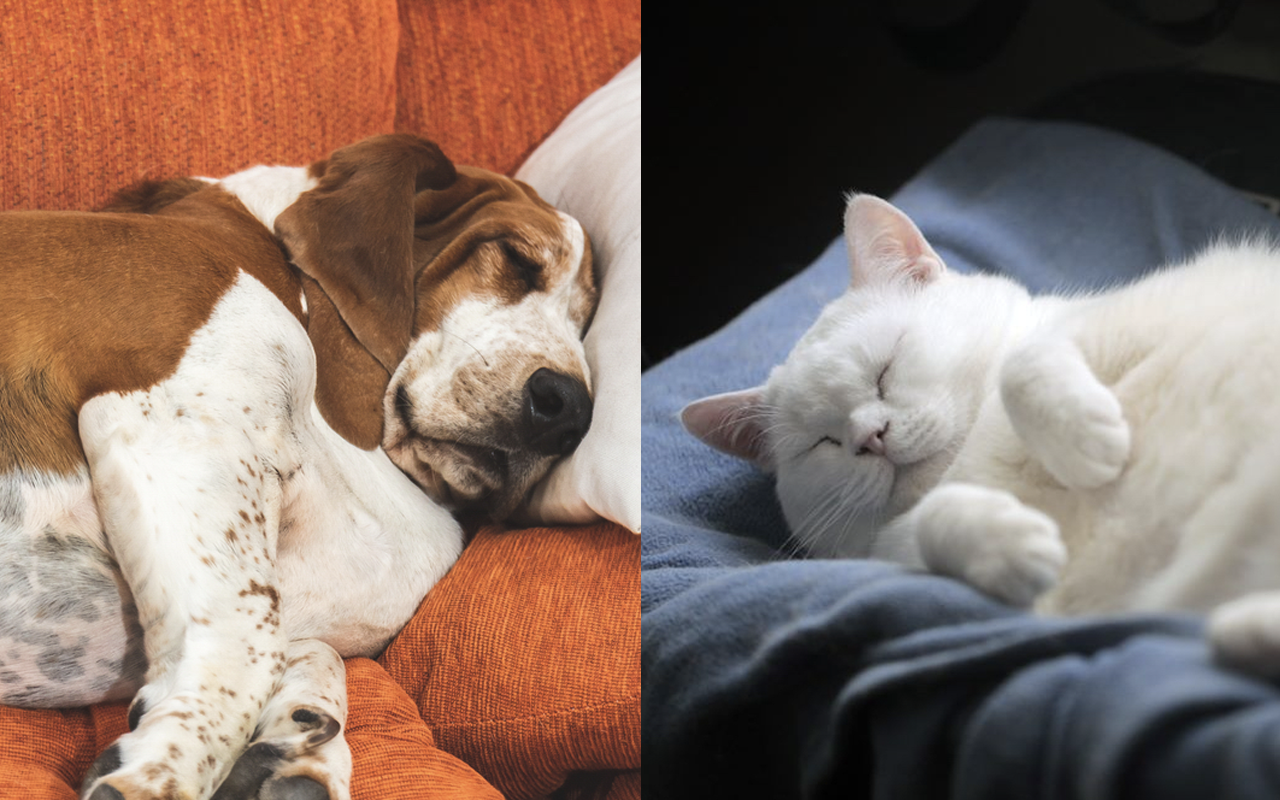
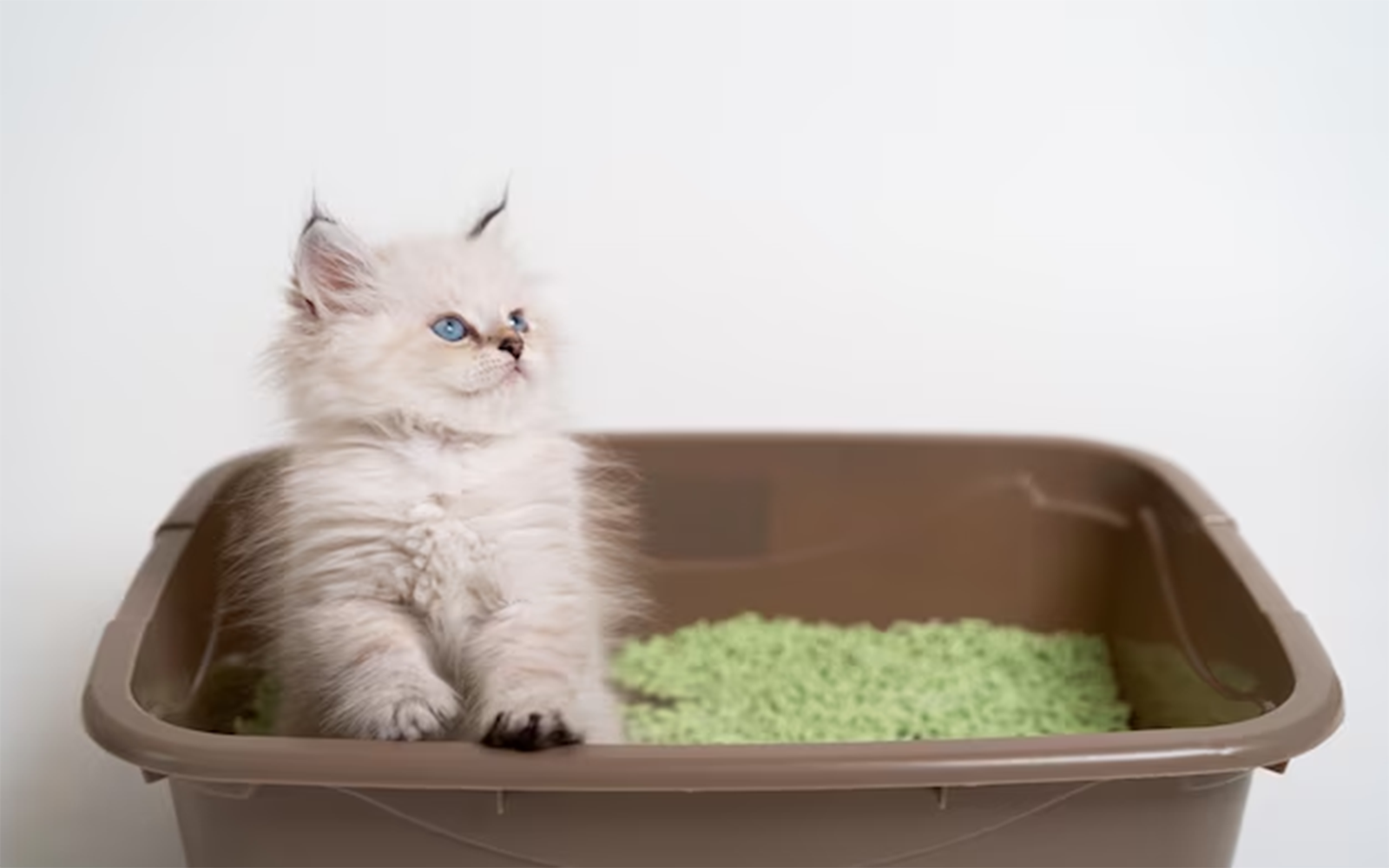

Comments